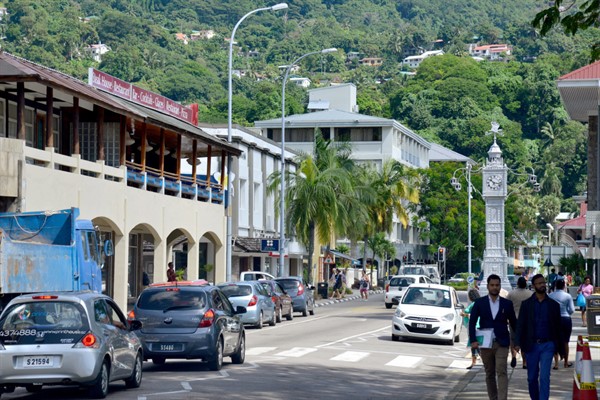Longtime opposition leader Wavel Ramkalawan was sworn in as president of the Seychelles late last month, after a decisive election victory over incumbent President Danny Faure. Ramkalawan’s coalition, the Seychelles Democratic Alliance—known in Seychellois Creole as the Linyon Demokratik Seselwa, or LDS—also expanded its majority in parliament. In an email interview with WPR, Yolanda Sadie, a professor of politics at the University of Johannesburg, discusses what led to Ramkalawan’s victory and the many challenges facing his new government.
World Politics Review: What is the historical significance of Ramkalawan’s presidency?
Yolanda Sadie: Ramkalawan’s election victory, in his sixth attempt, was the first win by an opposition presidential candidate since the Seychelles’ independence from Britain 44 years ago. Faure’s United Seychelles party had been in power in various incarnations since 1977, when its founder, the long-ruling dictator France-Albert Rene, overthrew the democratically elected government of James Mancham in a violent coup. United Seychelles kept winning even after multiparty elections were introduced in 1993. Although the LDS had won control of parliament in 2016, it now is in full control of the executive branch, too, signifying a new chapter in the history of the Seychelles.

